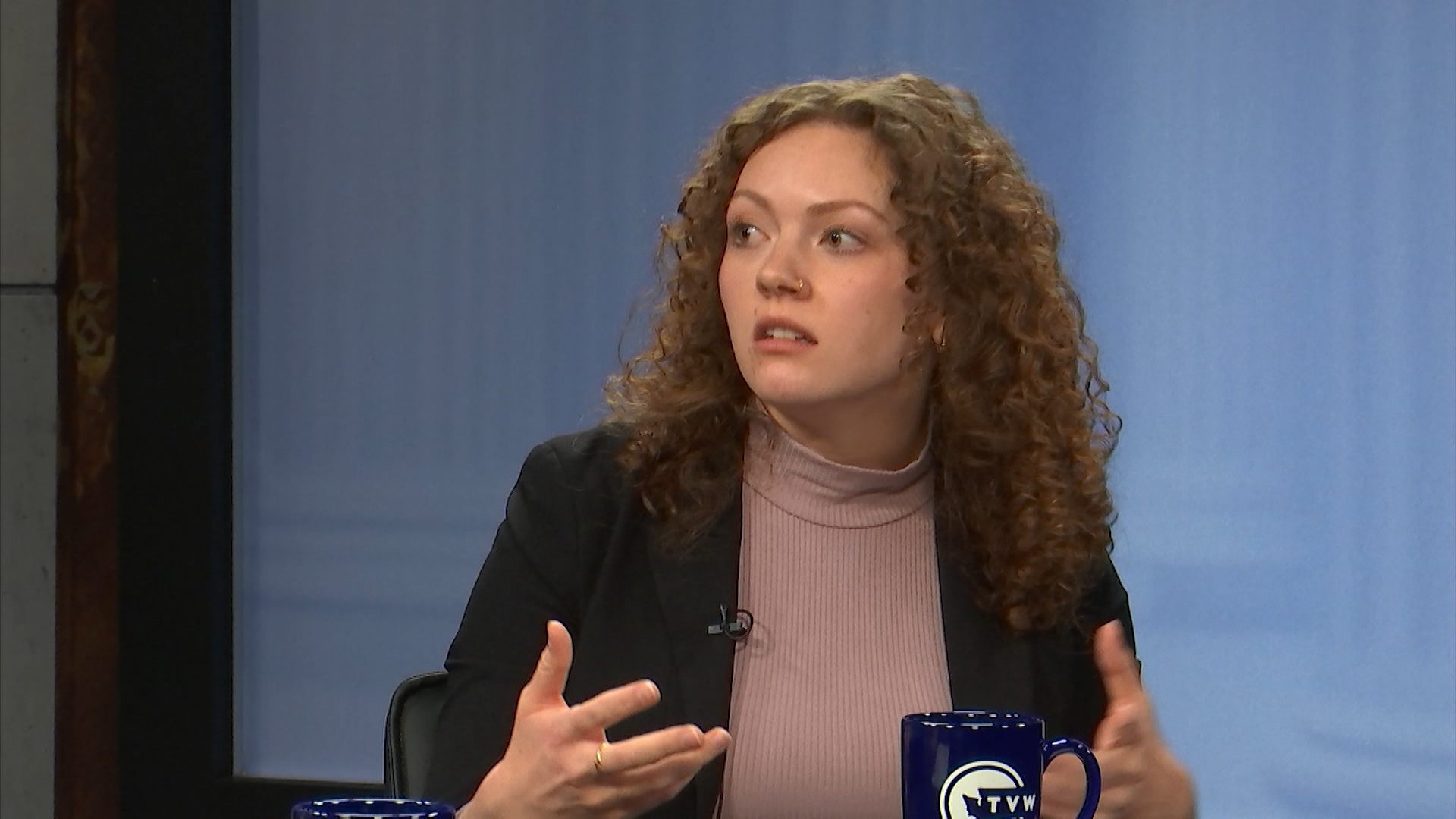There’s just one week left in the 2024 Legislative Session. In the latest installment of The Impact, a panel of state government reporters shared their takeaways on the 2024 Legislative Session so far.
Laurel Demkovich, who covers state government for the Washington State Standard, explained her take on the latest effort to impose limits on annual rent increases which passed the House one chamber, then stalled in the Senate before a crucial legislative deadline.
“Folks who are against at least this particular proposal this year argue that it could possibly have larger effects on the housing market, that it’ll actually make housing more expensive. The developers won’t want to come in and build housing. Therefore, we’re just going to be in the same situation that we’re in right now where there just aren’t enough units, so the price is going to go up. But on the other hand, you have people saying lawmakers really made a push this year to point out people of color, seniors, you know, some of these most vulnerable communities are the ones who are most affected by it. So, I just think the dynamic there is interesting because, you know, lawmakers keep saying we want to build more housing. We want to support people who can’t pay their rent. And yet they can’t find a compromise on a bill like this.”
Laurel Demkovich on The Impact, Feb. 28, 2024
The panelists also discussed traffic safety bills inspired by a sharp increase in state roadway fatalities, such as the bill to lower the legal blood-alcohol limit for drivers from .08% to .05% and the push to give counties and cities more authority to install speed cameras.
Ellen Dennis, state government reporter for The Spokesman-Review, weighed in on the civic and technical questions raised by the push to increase the use of automated photo-enforcement on Washington roads.
“Speed cameras have been a very big topic of conversation in the past couple of years and just general increased surveillance with increases in technology and just the ability to put cameras, you know, be it local municipalities or public state owned roadways. And those conversations open up a lot of different things, one of which is, it’s costly to store all that data. When we saw a rise in police body worn cameras, one of the biggest challenges to get that implemented in different counties was who’s going to process all this data? Who’s going to pay to store it? It often will take dozens of people if it’s a huge like a statewide operation to manage all that data. And, you know, you need the hardware and space to track it and then it also. Are we sure that the data, you know, the surveillance footage, is being secured? That it’s safe and that it’s being overseen and used for the right reasons? And so whenever we have a discussion about surveillance, I think it just opens up a lot of different variables. And it will be interesting to see, moving forward, how the state grapples with increases in technological advances, as well as AI and kind of how that balances out public safety.”
Ellen Dennis on The Impact, Feb. 28, 2024
State lawmakers held hearings on three of the half-dozen initiatives that target democrat-led policy changes enacted over the last several years.
The three that received hearings were: I-2111 to prohibit, the state, or any local jurisdiction from imposing a tax on any form of personal income, I-2081 which spells out parental notification requirements for schools when students receive medical treatment or leave campus and the rights of parents to inspect school records and opt their children out of certain discussions, surveys, and assignments.
Democratic majority leaders in the House and Senate announced that there would not be hearings on the other three initiatives: I-2117 which would ban any state agency from implementing a cap-and-trade program and eliminate the related portions of the Climate Commitment Act from 2021, I- 2124 to allow anyone to opt-out of the state’s long-term care program, and I-2109 to repeal the capital gains tax which passed in 2021.
If passed the initiatives skip the ballot. If they don’t pass, they go directly to the voters on the November ballot. Lawmakers can also pass alternative measures that would appear with the initiatives on the ballot..

